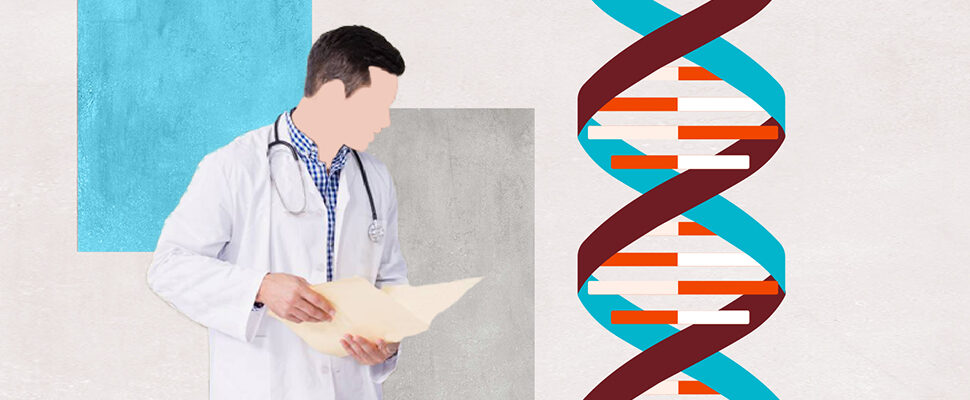The UK government has decided to go ahead with a much-debated increase in the revenue clawback rate —from 24.4 percent to 27.5 percent— for drugmakers subject to its Statutory Scheme for branded medicines. The Association of the British Pharmaceutical Industry (ABPI) warns that this latest move to reduce spending will only further weaken the British life sciences sector, which is already falling behind its global competitors.
Loss of Competitiveness
While we’ve got great strengths and enormous potential to grow life sciences in this country, we are falling behind our global competitors
Richard Torbett, ABPI
Despite the UK’s post-Brexit ambitions of becoming a global “science and technology superpower” in line with the Life Sciences Vision brought forward by the government in 2021, life science industry stakeholders are warning the country has lost much of its competitive advantage. The UK government has attempted to roll out initiatives to stimulate clinical research and financing, but the country has seen a drop in R&D investment of almost one fifth since 2014.
According to a 2022 report from the Institute for Public Policy Research, the UK’s share of global R&D investments, including those in health and life sciences, descended from 4.2 percent in 2014 to 3.4 percent in 2019, before the COVID-19 pandemic. Ranking 11th in the Organisation for Economic Co-operation and Development (OECD) for total R&D investment as a percentage of GDP, the UK is lagging behind the likes of the USA, Austria, and Switzerland.
“While we’ve got great strengths and enormous potential to grow life sciences in this country, we are falling behind our global competitors,” says Richard Torbett, chief executive of the ABPI in response to the latest Life Science Competitiveness Indicators published by the government.
Clawback Escalation
This unsustainable high levy on our revenue means that companies like AbbVie are having to make incredibly difficult decisions on our investment in the UK in terms of R&D, highly skilled workforce and our partnerships with the NHS
Todd Manning, AbbVie UK
The UK government’s confirmation of its plans to increase the Statutory Scheme rate for branded medicines—raising the revenue clawback from 24.4 percent to 27.5 percent as of April—will, according to the industry, only serve to further weaken the sector.
The Statutory Scheme is one of the two schemes that control the prices of branded medicines supplied to the country’s National Health Service (NHS). Companies that provide branded drugs to the NHS are subject to the Statutory Scheme unless they chose to join the medicines pricing and access (VPAS, or the ‘voluntary scheme’) which began in 2019 and runs until the end of 2023. Under the VPAS pharma companies were set to limit total NHS drug costs to a two percent yearly increase, and to pay back revenues above that. For the first three years, they paid back 5 to 10 percent, but the clawback rate then rose to 15 percent in 2022 and soared to 26.5 percent in 2023.
In response, both AbbVie and Eli Lilly withdrew from the voluntary scheme. “The current scheme has harmed innovation, with costs spiralling out of control, and the UK falling behind other major countries to be left as a global outlier,” Laura Steele, president and general manager of Eli Lilly Northern Europe said at the time. AbbVie’s UK GM, Todd Manning stated: “This unsustainable high levy on our revenue means that companies like AbbVie are having to make incredibly difficult decisions on our investment in the UK in terms of R&D, highly skilled workforce and our partnerships with the NHS.”
The government says it intends for both plans to work together cohesively “to create an environment where medicines are supplied at an affordable price, in a way consistent with supporting both the life sciences sector and the broader economy,” and for this reason it aims to “maintain broad commercial equivalence” between the VPAS and the Statutory Scheme.
ABPI’s Alternative
After warning in February that the further increases in revenue clawbacks would: “send the worst possible signal to global investors and boardrooms at a time when UK life sciences are already facing significant challenges,” the ABPI came up with an alternative proposal the organisation said would both support the NHS and economic growth, avoiding the potential loss of GBP 5.7 billion in R&D investment over the next five years. “The life sciences industry in the UK stands at a crossroads. The current direction of travel is leading away from success and we must act urgently to turn this around,” said Torbett at the time.
The plan included a proposed fixed rebate rate of 6.88 percent levied across all eligible NHS medicine sales to be paid by the industry, which ABPI asserted would deliver over GBP 1 billion a year to the NHS and almost GBP 300 million more than the average delivered under the old scheme before 2023, and considerably more than the highest contributions ever made before the pandemic. “Under these terms, the UK would return to a more internationally competitive position for attracting inward investment, yet the UK would continue to spend less on branded medicines than any comparable country, both in terms of per capita spend and as a proportion of total health spending,” the ABPI statement read.
Despite these efforts, the government has gone ahead with the clawback rate increase. According to the industry organisation, based on research from WPI Strategy, maintaining such high rates for another five years would result in a loss of GBP 50 billion to UK GDP by 2058. Retaining high rates beyond 2028, up to 2033, could mean foregoing a further GBP 90 billion of GDP and GBP 29.9 billion in associated tax revenues up to 2058.
“It is very disappointing that the government has chosen to press ahead with plans to increase the Statutory Scheme payment rate. Research published this week shows that such rates impact company investment decisions and have a detrimental economic impact and it is critical that the Government understands this evidence,” said Torbett.



